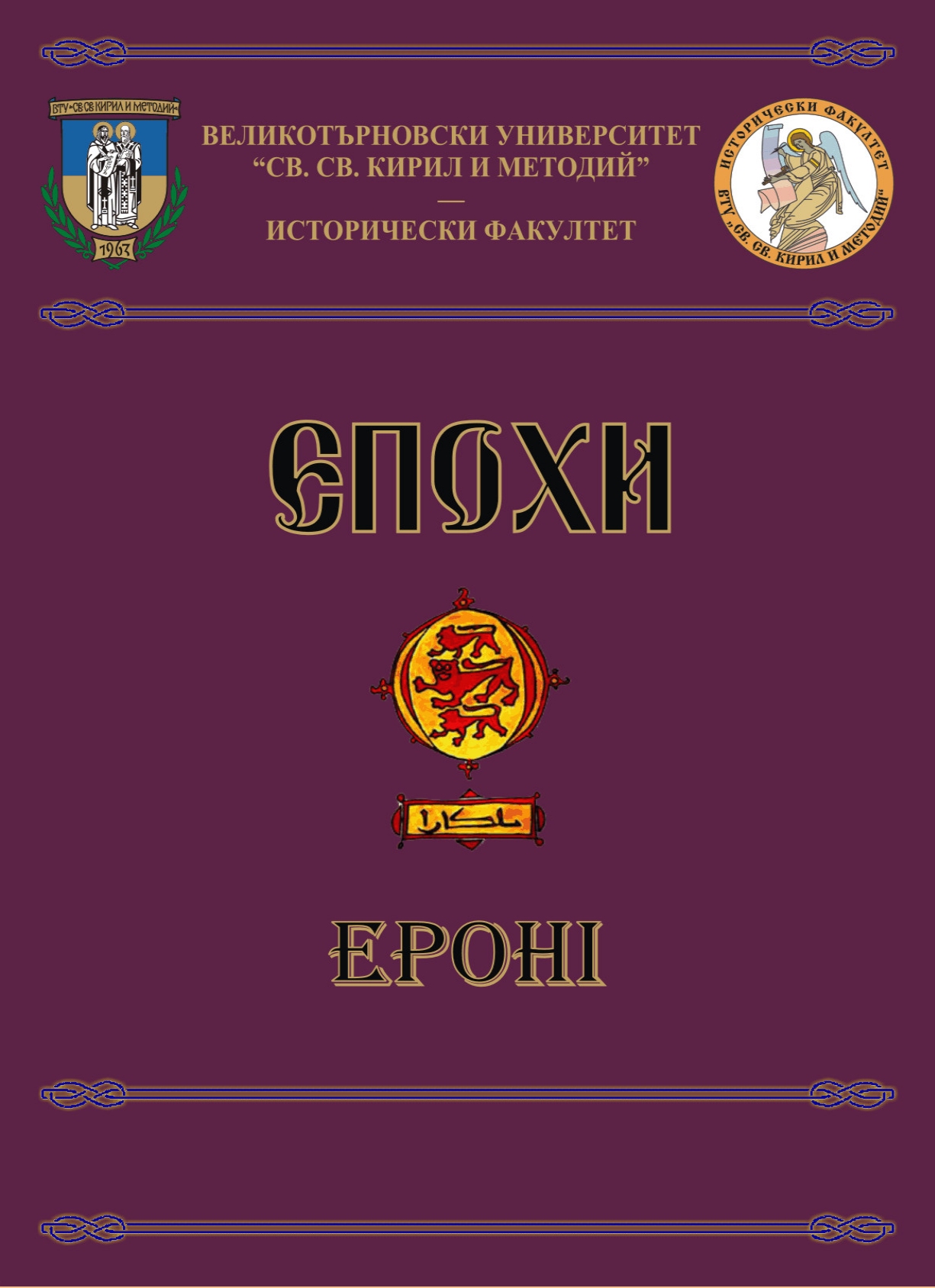Паричната обмяна в България през 1947 г. – форма на финансова репресия
The Changeover in Bulgaria in 1947 as a Form of Financial Repression
Author(s): Daniel VachkovSubject(s): History, Economy, Economic history, History of ideas, Political history, Social history, Recent History (1900 till today), Special Historiographies:, Post-War period (1950 - 1989), History of Communism, Socio-Economic Research
Published by: Великотърновски университет „Св. св. Кирил и Методий”
Keywords: Truce agreement; inflation; budget deficit; money exchange; Bulgarian-Soviet trade relations
Summary/Abstract: The paper will examine the development of the financial crisis in Bulgaria during the period 1944-1947, caused by the enormous state expenditure, connected with the participation of Bulgaria in the final stage of World War II and the costs of the Soviet army in the country. In order to cope with the huge increase of money put in circulation and the increasing inflation, the Fatherland Front Government launches exchange of money. It is done in an extremely brutal way and the result is liquidation of great amount of the savings of the population. The money exchange has severe consequences both for the financial status of the Bulgarian citizens and for the entire development of the political and economic situation in the country.
Journal: Епохи
- Issue Year: XXI/2013
- Issue No: 2
- Page Range: 105-111
- Page Count: 7
- Language: Bulgarian

